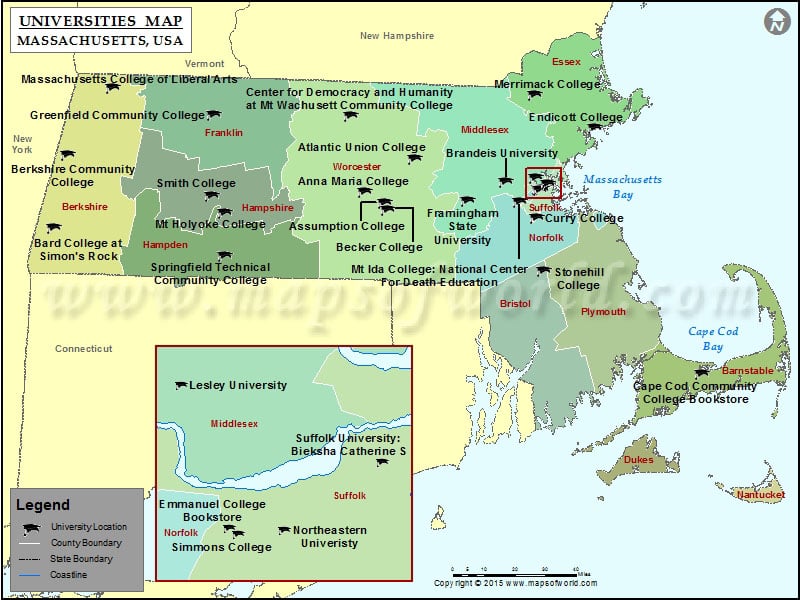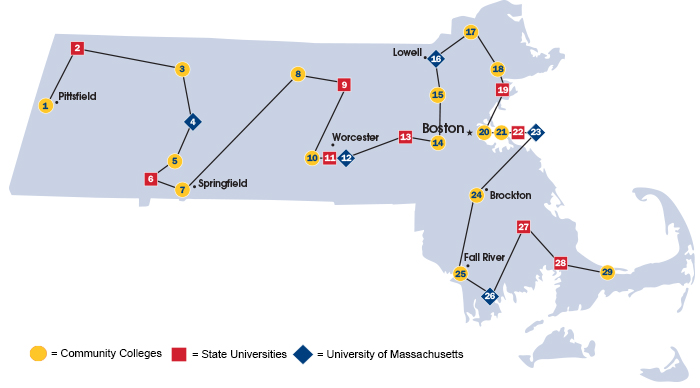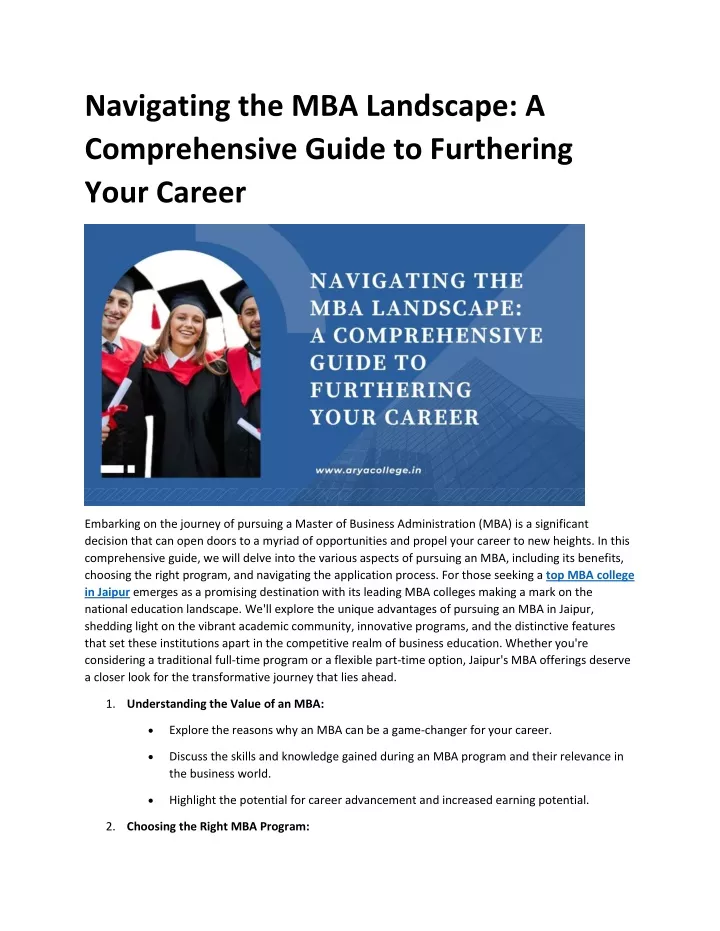Navigating the Landscape of Higher Education: A Comprehensive Guide to the Massachusetts College Map
Related Articles: Navigating the Landscape of Higher Education: A Comprehensive Guide to the Massachusetts College Map
Introduction
In this auspicious occasion, we are delighted to delve into the intriguing topic related to Navigating the Landscape of Higher Education: A Comprehensive Guide to the Massachusetts College Map. Let’s weave interesting information and offer fresh perspectives to the readers.
Table of Content
Navigating the Landscape of Higher Education: A Comprehensive Guide to the Massachusetts College Map

Massachusetts, renowned for its rich history and vibrant culture, is also a hub of academic excellence. The state boasts a diverse array of institutions, from prestigious Ivy League universities to specialized technical colleges, each offering a unique educational experience. Understanding the landscape of higher education in Massachusetts requires a comprehensive overview, and this guide aims to provide just that.
A Diverse Educational Ecosystem
The Massachusetts college map is a testament to the state’s commitment to education, reflecting a wide range of institutions catering to diverse student needs and aspirations. The map showcases a diverse landscape, including:
- Public Universities: The University of Massachusetts system, with its five campuses across the state, offers accessible and high-quality education. These institutions, like the University of Massachusetts Amherst and UMass Boston, are known for their strong academic programs and commitment to public service.
- Private Universities: Massachusetts is home to some of the most prestigious private universities in the world, including Harvard University, MIT, and Tufts University. These institutions attract students from across the globe, renowned for their cutting-edge research and rigorous academic standards.
- Liberal Arts Colleges: Small, private colleges like Williams College, Amherst College, and Smith College, offer a personalized learning experience focused on the liberal arts and sciences. These institutions prioritize close faculty-student interaction and foster a strong sense of community.
- Specialized Colleges: Massachusetts also boasts a number of specialized colleges, catering to specific fields of study. For example, the Massachusetts College of Art and Design (MassArt) focuses on visual and performing arts, while the Massachusetts Maritime Academy prepares students for careers in the maritime industry.
The Importance of a Comprehensive Map
Navigating this diverse landscape of higher education can be daunting for prospective students and their families. The Massachusetts college map serves as a valuable resource for:
- Identifying Potential Institutions: The map provides a visual overview of the state’s colleges and universities, allowing students to explore options based on location, size, academic focus, and other factors.
- Understanding Institutional Strengths: Each institution on the map is accompanied by information about its academic programs, research areas, student life, and more, enabling students to make informed decisions about their educational journey.
- Facilitating Comparisons: The map allows for easy comparison of different institutions, enabling students to identify the best fit for their individual needs and aspirations.
- Discovering Hidden Gems: The map can reveal lesser-known institutions with unique strengths and opportunities, expanding the range of choices for students.
FAQs about the Massachusetts College Map
Q: How can I access the Massachusetts college map?
A: The Massachusetts Department of Higher Education website offers a comprehensive online map, providing detailed information about each institution. Additionally, several third-party websites and resources, like College Board and US News & World Report, also offer interactive maps with comprehensive college data.
Q: What criteria should I consider when using the college map?
A: When choosing a college, consider factors like:
- Academic Programs: Ensure the institution offers the programs you are interested in, and research the faculty and resources available within those programs.
- Location and Campus Environment: Consider the location of the institution and whether the campus environment aligns with your preferences.
- Cost and Financial Aid: Evaluate the cost of attendance and explore available financial aid options.
- Student Life and Support Services: Research the student body, extracurricular activities, and support services offered by the institution.
Q: What are some tips for using the Massachusetts college map effectively?
A:
- Start with a Broad Search: Begin by exploring the map to get a general understanding of the available options.
- Narrow Down Your Search: Once you have a better understanding of the landscape, narrow your search based on your specific needs and preferences.
- Visit Campuses: Schedule campus visits to experience the environment firsthand and meet with faculty and students.
- Seek Guidance: Consult with counselors, advisors, and family members to get their perspectives and insights.
Conclusion
The Massachusetts college map is an indispensable tool for navigating the state’s rich educational landscape. By providing a comprehensive overview of institutions, their strengths, and the resources available, the map empowers students to make informed decisions about their educational journey. As students embark on this journey, it is essential to remember that the ultimate choice is a personal one, reflecting individual aspirations and goals. The Massachusetts college map, however, serves as a valuable guide, illuminating the path towards fulfilling those aspirations and achieving academic success.








Closure
Thus, we hope this article has provided valuable insights into Navigating the Landscape of Higher Education: A Comprehensive Guide to the Massachusetts College Map. We appreciate your attention to our article. See you in our next article!